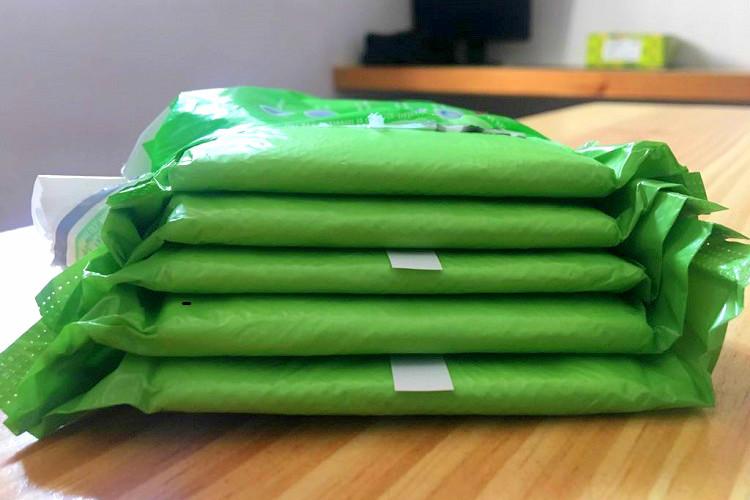
Whenever it’s that time of the month, 17-year-old Anna* has to choose between being uncomfortable at school and skipping classes altogether.
The teenager, who lives in Windhoek’s Havana settlement, eventually chooses to stay at home during her period as she says this is far better than facing the humiliation of being among her schoolmates “without anything to control my menstrual flow”.
Staying at home helps to avoid the “stigma around menstruation at school”, she says.
The last time Anna used a sanitary pad was when her life skills teacher donated her a pack at the beginning of this year.
To deal with her period, she cuts up old clothes and washes them repeatedly for reuse. When she runs out of clothes to cut up, she remains indoors.
“I cut up my old T-shirts and use them as pads. This can be very uncomfortable and unhygienic because some materials are not suitable and result in a bad odour,” says Anna, who is currently in Grade 10.
She lives with her four siblings and parents in a shack. Her mother, who sells kapana at the local bus stop, and father, who is a carpenter, do not earn enough to buy her sanitary pads every month.
But Anna is not the only teenage girl suffering this inconvenient situation.
Her friends Tutaleni (15) and Martha (18) are also forced to skip school during their period as they cannot afford sanitary pads, along with many Namibian girls from less privileged families.
Tutaleni believes the issue is not her family’s responsibility alone, but that the government should intervene.
“Sometimes my teacher buys me pads and this makes me happy because it allows me to go to school freely,” she says.
POWER PAD GIRLS
Hildegard Titus, a member of the Power Pad Girls, an organisation that calls for sanitary products for Namibian schoolchildren, says her organisation is working tirelessly to donate pads and encourage the government to provide teenagers with sanitary products.
Titus says they are also distributing reusable pads among schoolgirls countrywide. Despite pad donations government makes many girls are still in need of these products.
“We also do fundraisers and the money we raise is used to buy pads – particularly reusable pads because it comes out cheaper and it’s also more environmentally friendly,” Titus says.
When approached for comment on the crisis, minister of education, arts and culture Anna Nghipondoka said: “I am not in any position to talk about this issue. Please ask the executive director.”
Minister of gender equality, poverty eradication and social welfare Doreen Sioka did not respond to questions sent to her.
*Not their real names.

